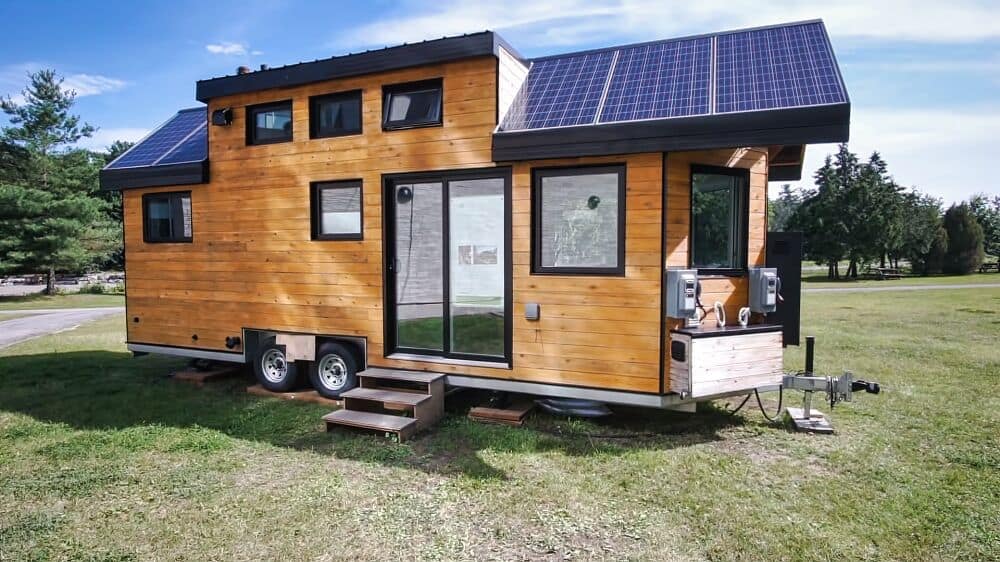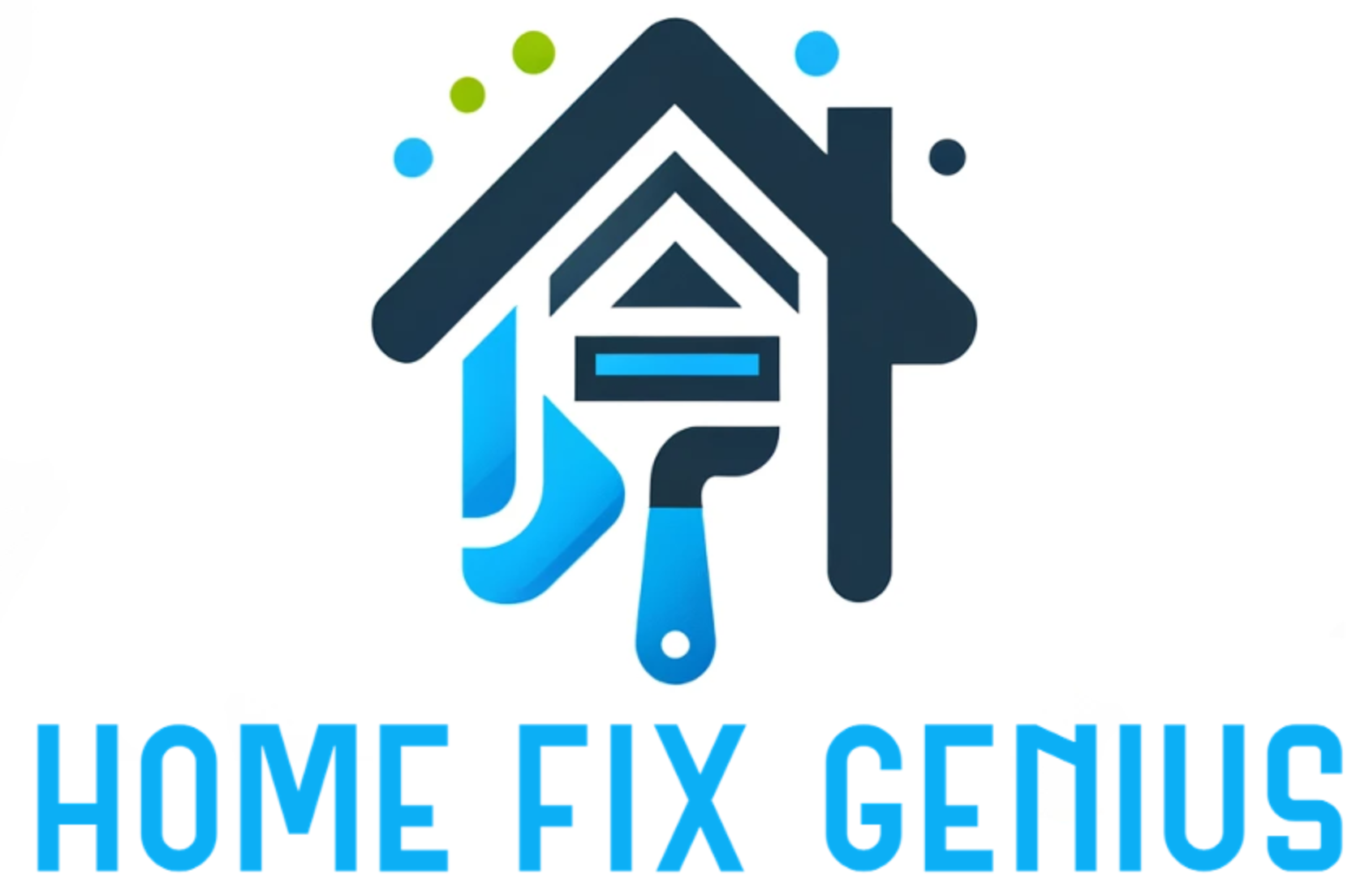
Imagine cruising down the highway, wind in your hair, and the sun shining bright above. Now, what if I told you that same sun could power your home-on-wheels? Yes, you heard it right! Solar panels on a mobile home might seem like a futuristic dream, but it’s closer to reality than you might think. Let’s dive into the nitty-gritty of this eco-friendly innovation and explore the possibilities it holds.
Understanding Solar Panels
What are Solar Panels?
Solar panels, often referred to as photovoltaic (PV) panels, are devices that convert sunlight into electricity through the photovoltaic effect. Each panel consists of multiple solar cells made of semiconductor materials like silicon, which generate electricity when exposed to sunlight.
How Do Solar Panels Work?
When sunlight strikes the solar panels, photons from the sunlight knock electrons loose from atoms within the solar cells, creating an electric current. This direct current (DC) electricity is then converted into alternating current (AC) by an inverter, making it suitable for powering household appliances and electronics.
Types of Solar Panels
There are several types of solar panels available, each with its own advantages and disadvantages:
- Monocrystalline Solar Panels: Made from single-crystal silicon, monocrystalline panels are known for their high efficiency and sleek appearance. They perform well in low-light conditions and have a longer lifespan compared to other types of panels.
- Polycrystalline Solar Panels: Constructed from multiple silicon crystals, polycrystalline panels are less expensive to manufacture but slightly less efficient than monocrystalline panels. They are a popular choice for budget-conscious consumers.
- Thin-Film Solar Panels: Thin-film panels are made by depositing thin layers of photovoltaic material onto a substrate. While they are lightweight and flexible, thin-film panels generally have lower efficiency and degrade faster over time compared to crystalline silicon panels.
Solar Panels on a Mobile Home: Feasibility
Challenges and Considerations
Installing solar panels on a mobile home presents unique challenges compared to traditional fixed structures. Some of the key considerations include:
- Mobility: Mobile homes are designed to be moved, so the solar panel installation must be robust enough to withstand transportation without compromising performance or safety.
- Weight: Mobile homes have weight restrictions, and adding solar panels adds extra weight to the roof. It’s essential to ensure that the roof can support the additional load without causing structural damage.
- Space: Mobile homes typically have limited roof space compared to traditional homes, so optimizing the layout and orientation of the solar panels is crucial to maximize energy production.
Roof Orientation and Tilt
For optimal performance, the orientation and tilt angle of the solar panels play a crucial role. In the Northern Hemisphere, panels should ideally face south to capture the maximum amount of sunlight throughout the day. The tilt angle of the panels should also be adjusted to match the latitude of the installation location for optimal energy production.
Weight and Stability
Mobile homes have weight limitations, and adding solar panels can impact their stability and roadworthiness. It’s essential to consult with a professional engineer or contractor to assess the structural integrity of the roof and determine the maximum weight capacity before installing solar panels.
Regulations and Permits
Before installing solar panels on a mobile home, it’s essential to research local regulations and obtain necessary permits. Depending on the location, there may be specific zoning laws, building codes, and permit requirements that govern solar panel installations. Failure to comply with these regulations could result in fines or legal consequences.
Benefits of Solar Panels on Mobile Homes
Energy Independence
By harnessing solar power, mobile homeowners can reduce their reliance on grid electricity and enjoy greater energy independence. This is especially beneficial for off-grid living or remote travel destinations where access to traditional power sources may be limited. Solar panels provide a reliable source of clean energy that is not dependent on fossil fuels or centralized power grids.
Cost Savings
While the initial investment in solar panels may seem significant, they offer long-term cost savings by reducing or eliminating monthly electricity bills. With proper maintenance, solar panels can provide clean and free energy for decades, making them a worthwhile investment in the long run. Additionally, many governments and utilities offer financial incentives such as tax credits, rebates, and net metering programs to offset the cost of solar panel installations, further enhancing their affordability.
Environmental Impact
Switching to solar power significantly reduces carbon emissions and environmental impact compared to traditional fossil fuels. By opting for renewable energy sources, mobile homeowners can contribute to a cleaner and healthier planet for future generations. Solar panels produce clean electricity with zero greenhouse gas emissions, helping to mitigate climate change and preserve natural resources for future generations.
Installation Process
Professional Assistance
Installing solar panels on a mobile home requires expertise and experience in both solar energy systems and mobile home construction. It’s essential to hire a professional installer who specializes in mobile home solar installations to ensure a safe and efficient installation process. A qualified installer will assess your home’s specifications, energy needs, and available roof space to design a customized solar system that maximizes efficiency and performance.
Customized Design
Each mobile home is unique, and so is its solar panel installation. A professional installer will work with you to design a customized solar system that meets your energy needs and budget. This may involve evaluating your home’s energy consumption, assessing available roof space, and selecting the appropriate solar panel size and configuration. The installer will also take into account factors such as roof orientation, shading, and local weather conditions to optimize the performance of your solar system.
Maintenance and Monitoring
Once installed, solar panels require regular maintenance to ensure optimal performance and longevity. This includes cleaning the panels to remove dirt, debris, and snow buildup that can reduce energy production. It’s also essential to inspect the system periodically for signs of wear or damage and to monitor energy production to identify any issues promptly. Most solar panel systems come with monitoring software that allows homeowners to track energy production in real-time and identify potential problems before they escalate.
Conclusion
In conclusion, the answer to whether you can put solar panels on a mobile home is a resounding yes! With careful planning, professional assistance, and a commitment to sustainability, mobile homeowners can harness the power of the sun to fuel their adventures while reducing their environmental footprint. So, why wait? Embrace the solar revolution and take your mobile home to new heights of eco-friendly living!

FAQs (Frequently Asked Questions)
1. Can solar panels work while the mobile home is in motion?
Yes, solar panels can generate electricity while the mobile home is moving, but their efficiency may be reduced due to factors like shading and changes in orientation.
2. How much do solar panels for a mobile home cost?
The cost of solar panels for a mobile home varies depending on factors such as the size of the system, the type of panels chosen, and installation expenses. On average, a complete solar system can range from $5,000 to $15,000.
3. Will installing solar panels affect my mobile home’s warranty?
It’s essential to check with your mobile home manufacturer or warranty provider to understand how installing solar panels may impact your warranty coverage. In some cases, modifications to the roof or structure of the home could void certain warranties.
4. Are there government incentives available for installing solar panels on a mobile home?
Yes, there are various federal, state, and local incentives available to encourage the adoption of solar energy, including tax credits, rebates, and grants. Be sure to research available incentives in your area to maximize savings on your solar installation.
5. Can I expand my solar system in the future if I need more power?
Yes, solar systems can typically be expanded or upgraded to accommodate increased energy needs. Consult with a professional installer to assess your options and determine the best approach for expanding your solar system.
